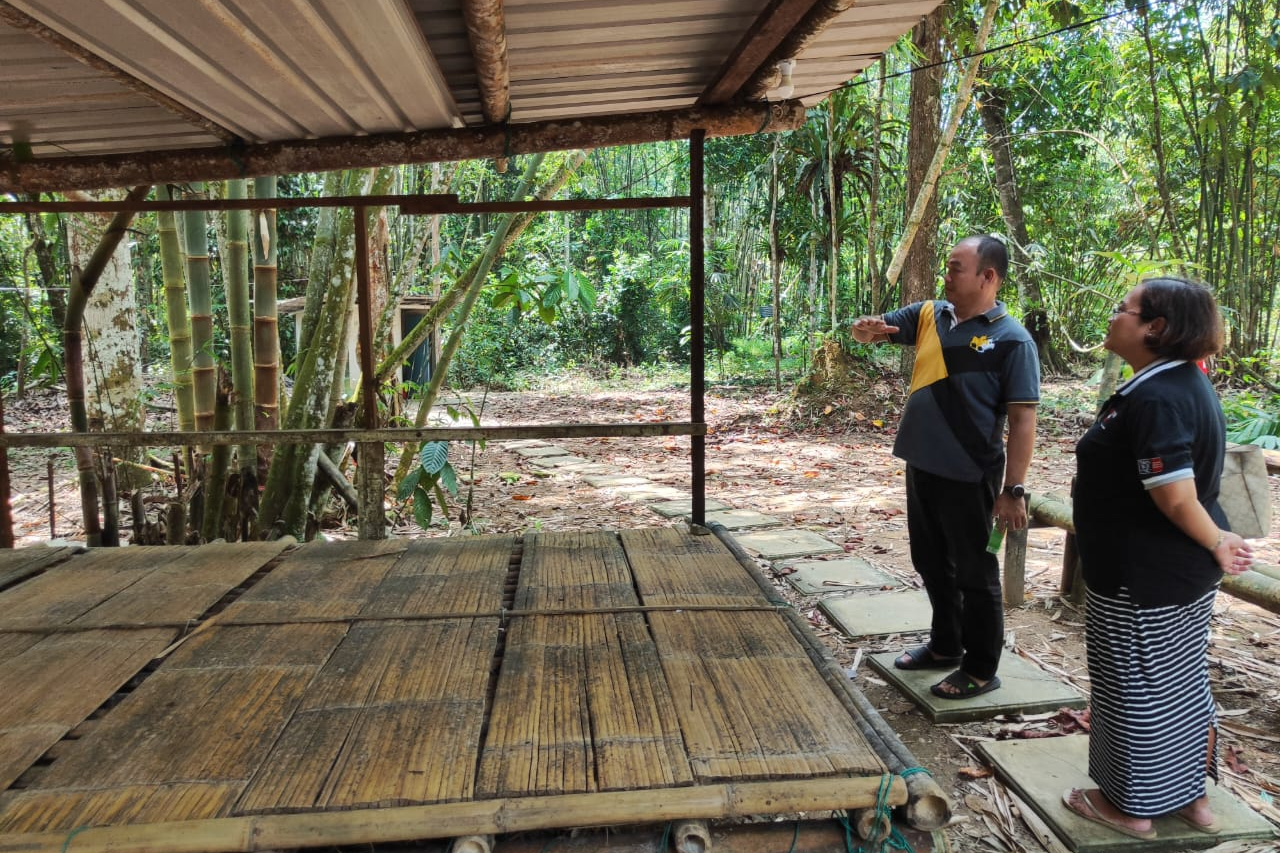Rural empowerment and sustainability give communities the tools, skills, and leadership to create lasting economic, social, and environmental growth.

Sustainability grows when community empowerment are encouraged, especially in rural spaces.
At the centre of every rural village lies a wealth of talent, tradition, and untapped potential. From the laughter of children running through paddy fields to the wisdom of elders sharing traditional farming tips, rural life carries a unique richness that cities cannot replicate.
Yet, without the right opportunities and resources, many rural communities struggle to turn this potential into lasting prosperity. Positive sides are when people are given the skills, confidence, and tools to take charge of their own future; they can transform not just their own lives but the destiny of their entire community.
Skills, Education and Opportunities for Rural Growth
Community empowerment in rural areas is about giving local people the tools, skills, and confidence to take charge of their own future. Rural communities often face unique challenges such as limited job opportunities, lack of infrastructure, and sometimes little access to formal education or training. Many rely heavily on agriculture, natural resources, or tourism, but without proper knowledge and resources, these livelihoods may not be sustainable in the long term. Empowerment steps in by helping people learn how to manage their resources better, start small businesses, and make informed decisions that benefit everyone. It also strengthens local leadership and encourages cooperation among villagers.
For example, an ecotourism community might receive training in sustainable tourism, conservation, and hospitality. With these skills, they can attract responsible travelers, create nature-based experiences, and contribute actively to their community’s sustainability. This sense of ownership fuels motivation, pride, and commitment to building a better future, as people feel directly responsible for both the benefits and the long-term success of community initiatives.
Leadership, Empowerment and Social Unity
In rural communities, empowerment naturally leads to sustainability because it addresses economic, social, and environmental needs all at once. Economically, when villagers can run their own businesses, whether it’s eco-tourism, handicraft production, or food processing, they generate income without depending solely on seasonal farming or outside support. Take the example of a rural village that develops a community that runs a homestay program; tourists stay with local families, eat home-cooked meals, and join guided tours of nearby natural attractions. The income is shared among families and reinvested into community projects like building churches and community financial aid due to death and buying school children necessities before school reopens.
Socially, empowerment builds unity and cooperation. Rural communities often have strong cultural bonds, but these can be strained by poverty, migration, or lack of opportunities. Empowered communities plan and manage projects collectively, giving everyone a voice, including women, youth, and minority groups.
This is where experienced leadership becomes vital. Leaders who have walked the path, faced struggles, and achieved success inspire others through example. They mentor younger generations, guide decision-making, and keep local initiatives rooted in real community needs.
Sustainability for the Future
Environmentally, rural areas are often rich in natural resources such as forests, rivers, and farmland that need careful management. When communities have the authority and knowledge to protect these resources, they are more likely to adopt sustainable practices like reforestation, soil conservation, and eco-friendly farming. For instance, a fishing village that manages its own fishing grounds can set rules to prevent overfishing, ensuring there’s enough for future generations. By linking livelihoods, social well-being, education and environmental protection, rural empowerment strengthened by both a sense of ownership and experience-driven leadership creates a foundation for long-term sustainability.
Overcoming Barriers to Empowerment and Sustainability
Still, rural empowerment requires ongoing support and thoughtful planning to succeed. Many rural communities face barriers such as poor internet access, challenging road infrastructure, and limited market penetration, which can make it challenging to grow their creativities. Sometimes, decision-making was dominated by a few people, leaving others with no voice. Confidence can also be a challenge to a long-marginalized group, as they may doubt their ability to lead or innovate. That’s why successful rural empowerment programs focus on continuous training, fair leadership, and inclusive participation.
Partnerships with NGOs, government agencies, and private companies can provide access to markets, funding, and technical expertise. Respecting local traditions is also vibrant. Development projects that ignore cultural values are less likely to be embraced or sustained. For example, introducing a new farming method must consider traditional knowledge and practices to ensure it fits local realities.
When done well, empowerment transforms rural communities. Farmers become entrepreneurs, youth become innovators, elders become cultural guardians, and leaders with real-life experience become role models who drive collective progress. The community becomes more resilient to challenges like climate change, economic downturns, or health crises.
The Path Ahead
Rural empowerment and sustainability are more than strategies, they are movements of people believing in themselves and in each other. When communities monitor their own progress with leaders rooted in real experience, they become persistent. The seeds of change planted today grow into sustainable villages of tomorrow, places where traditions thrive, opportunities abound, and the next generation inherits not just the land but also the pride of a community that shaped its own future.
The opinions expressed in this article are the author’s own and do not reflect the view of Swinburne University of Technology Sarawak Campus. Shella Georgina Beatrice is a lecturer at the School of Foundation Studies, Swinburne Sarawak and currently pursuing her PhD, exploring rural entrepreneurs in rural tourism and experiences in training. She is contactable at [email protected]

